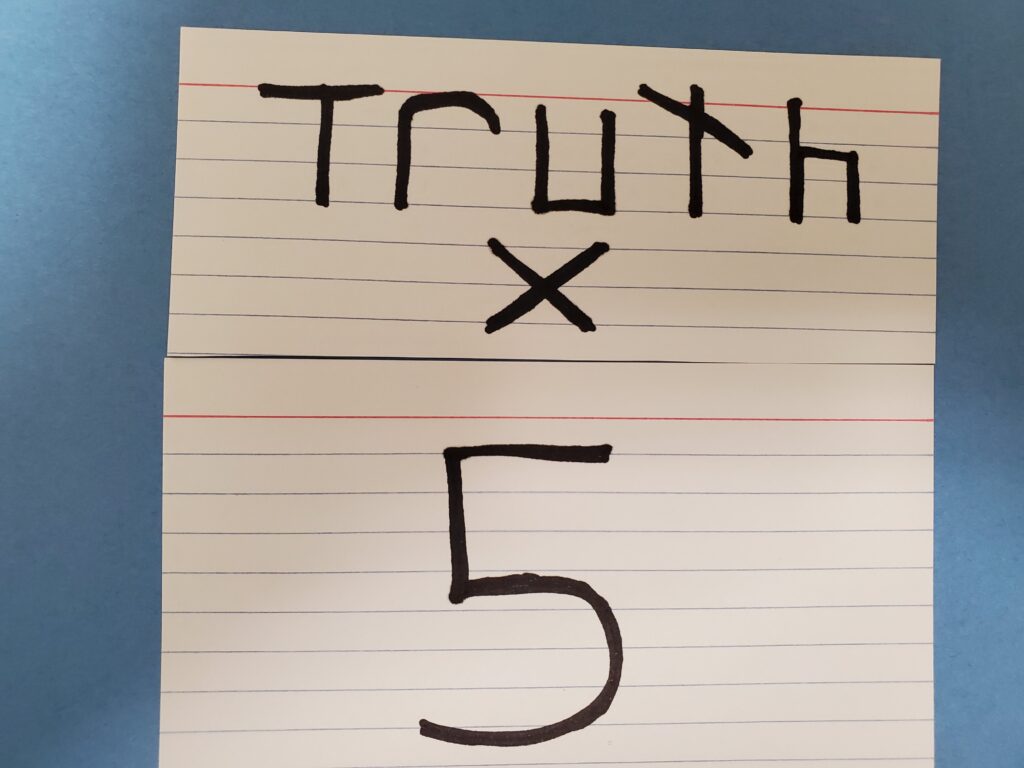
There are certain truths that have withstood the test of time regarding fundraising. These truths apply universally, regardless of the type of charity. From large to small, from healthcare to the arts, these five facts should always be in the back of your mind.
Donors are not ATMs
This has been a common refrain of mine since I started my blog. It is the most important of the truths. Just because someone can donate to your organization does not necessarily mean that they will. Donors have their own agendas and a great gift to your organization will come at the intersection of the donor’s agenda and the organization’s agenda. We must see donors as partners, not just resources. They need to be included in discussions in the planning phase, not just in the “how do we pay for it” phase. Think of the donors as much more than just a source of revenue. Many are quite successful individuals who may indeed be able to help with your long-term strategy, hence solidifying their relationship with your organization. Remember the axiom “If you want money, ask for advice. If you want advice, ask for money.”
People have the Right to Say No
Nobody needs to donate to charity. (Tithing aside.) It is a choice for every single person. People say no for a myriad of different reasons. It could be poor timing. It could be a disconnect with the purpose of the ask. Many times, it is because of a lack of understanding regarding the impact of your organization.
However, you must distinguish between an outright “no” and a “not now”. One of these statements stops the process immediately while the other keeps the door open for a possible future gift. As Kenny Rogers sings in The Gamble, “Know when to hold ’em, know when to fold ’em.“
Those who Dislike Fundraising Often Have Money Anxiety Issues
I have probably trained hundreds of people to ask for money (for an organization) professionally and respectfully over the years. Most have come into those training sessions with huge apprehensions surrounding money. As North Americans, we tend not to talk about our personal wealth blatantly (though we often drive fancy cars, live in large homes, and wear awesome shoes). In Europe, for example, sharing how much you earn with your neighbor is quite acceptable. They do not consider it rude at all. Some people suffered shame for either having too much money or for having too little money.
I have found that those people who don’t enjoy asking for money felt some sort of guilt. Maybe they are breaking a social norm in talking about money (What if I ask Jane to give a gift that is outside of her ability?). Or, perhaps (and more likely) that the canvasser feels guilty about their own gift and is asking someone else to do something that they can’t/won’t do (like a stretch gift).
If You Want Money, Ask For It
The number one reason people don’t give to your cause is that they weren’t asked to. It’s plain and simple. Every now and then, someone may give because they heard something through the media about your campaign. But, rest assured, that is not the norm. If you want serious money, you must take the relationship with the donor seriously as well. You need to cultivate and nurture the relationship — it should not be a “one and done” type of approach.
Reverse Engineer Everything You Can
One benefit of being in the fundraising business for almost 30 years is that I can easily reverse engineer a campaign. (I wrote about that here.) To raise, $1,000,000 I know I would likely need one gift of $250,000, 2 gifts of $100,000, 3 gifts of $75,000, and so on. As a result, the organization can actively solicit those specific gifts in the first place.
Or, perhaps you want to expand your pipeline by 100 face-to-face donors. That would mean that each of your 10 cabinet members would need to identify approximately 15 prospects that would yield a “net” of 10 donors each for the pipeline. This assumes that not everybody will be on-board with what the cabinet member is asking of them.
The Five Truths Conclusion
These five truths could very well help you manage a successful fundraising career. I don’t think anybody could disprove any of them, and they have withstood the test of time. I hope you find it useful.
Until next week.
L’chaim,
jack




